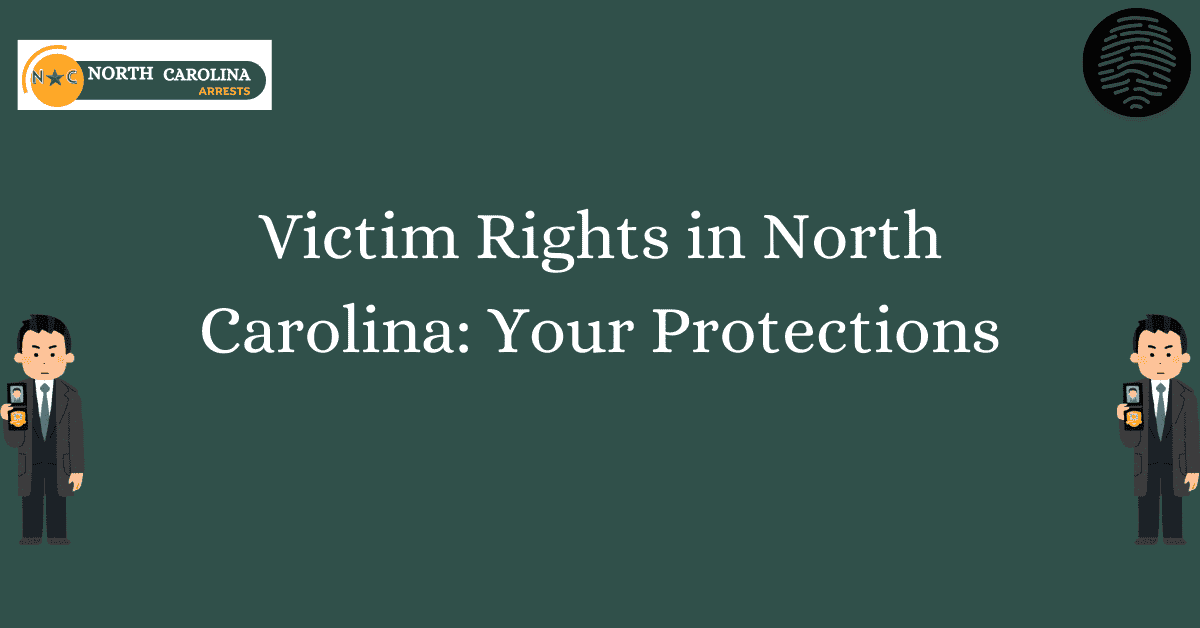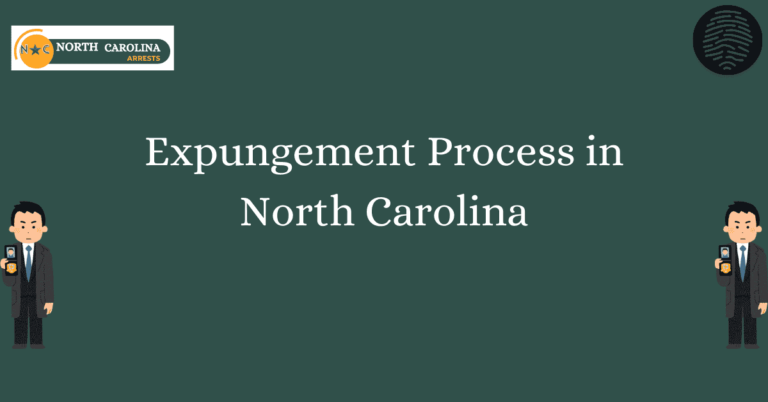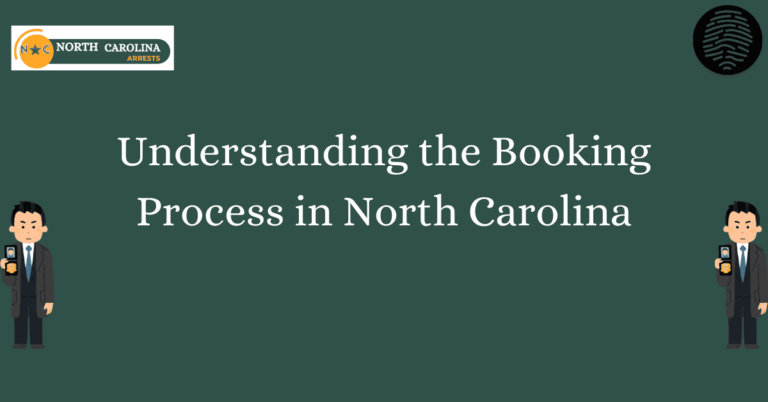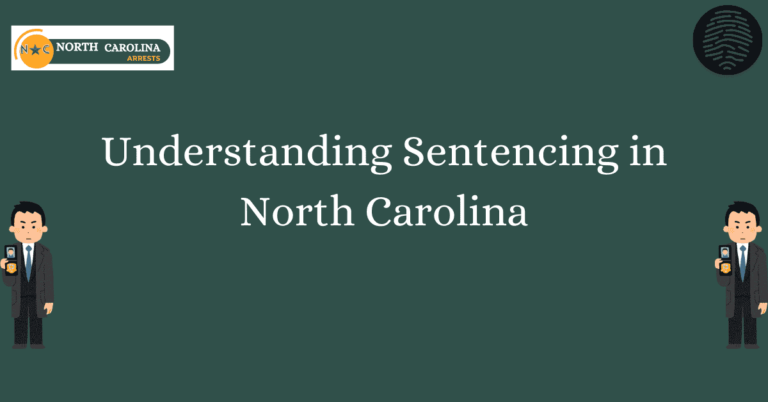Victim Rights in North Carolina: Your Protections
North Carolina is dedicated to ensuring that victims of crime are protected and supported. The state provides a range of rights to victims, aiming to empower them and give them a voice in the criminal justice process. These protections are designed to safeguard victims’ interests and provide them with the necessary resources to navigate the legal system.
From access to information about their case to the right to be heard in court proceedings, victim rights in North Carolina are comprehensive. Victims can expect to be treated with respect and dignity throughout the criminal justice process, with their well-being and safety at the forefront of considerations. By understanding and advocating for these rights, victims can assert their position and seek justice for the harm they have endured.
North Carolina Victim Rights Overview
North Carolina victim rights afford individuals affected by crimes certain protections and privileges, including the right to be informed, heard, and supported throughout the criminal justice process. These rights encompass being notified of court proceedings, providing input during sentencing, and accessing resources and support services, aiming to empower and advocate for the rights and well-being of crime victims in the state.
Empowering Victims Through Legal Protections
Victim rights in North Carolina are designed to empower individuals who have been impacted by crimes. These legal protections ensure that victims have a voice in the criminal justice system and are treated with respect and dignity throughout the legal process. Victims have the right to be informed about the progress of their case, to participate in court proceedings, and to seek justice for the harm they have suffered.
Access to Information and Resources
Victims in North Carolina have access to a wide range of information and resources to help them navigate the legal system and seek support for their emotional and physical well-being. From victim advocacy organizations to legal assistance programs, victims have options for finding the help they need to understand their rights and make informed decisions about their cases.
Importance of Victim Well-being and Safety
Ensuring the well-being and safety of victims is a top priority in North Carolina. Victims have the right to protection from their abusers, as well as access to support services such as counselling and shelter. The state is committed to providing a safe and supportive environment for victims to heal and recover from the trauma of their experiences.
Respect and Dignity in the Justice System
Victims in North Carolina are entitled to be treated with respect and dignity throughout the legal process. This includes being informed of their rights, having their voices heard in court, and being protected from harassment or intimidation. The justice system is committed to upholding the rights of victims and ensuring that they are treated fairly and compassionately.
Advocating for Victim Rights in Court
Advocates play a crucial role in ensuring that victim rights are upheld in court. These individuals work to support victims through the legal process, help them understand their rights, and advocate on their behalf for fair treatment. By having a strong advocate by their side, victims can feel empowered and supported as they seek justice and redress for the harm they have experienced.
Seeking Justice and Redress for Victims
Victims in North Carolina have the right to seek justice and redress for the harm they have suffered. This can include seeking compensation for medical expenses, lost wages, and emotional distress, as well as holding perpetrators accountable for their actions. By advocating for their rights and seeking legal remedies, victims can work towards healing and finding closure after a traumatic experience.
Comprehensive Victim Rights in North Carolina
Overall, North Carolina offers comprehensive victim rights protections to ensure that individuals impacted by crimes are supported and empowered throughout the legal process. By prioritizing victim well-being, safety, and dignity, the state is committed to upholding the rights of victims and providing them with the resources they need to seek justice and healing. Victim rights in North Carolina are designed to empower individuals to navigate the legal system with confidence and find resolution after experiencing a crime.
Frequently Asked Questions
Our Frequently Asked Questions section aims to provide detailed information on Victim Rights in North Carolina to help you understand your protections.
What are victim rights in North Carolina?
Victim rights in North Carolina refer to the legal protections and entitlements granted to individuals who have been victims of a crime. These rights are designed to ensure that victims are treated with compassion, respect, and fairness throughout the criminal justice process.
How do victim rights in North Carolina protect individuals?
Victim rights in North Carolina protect individuals by providing them with certain rights and services, such as the right to be informed about court proceedings, the right to be heard at sentencing, and the right to receive restitution from the offender. These protections aim to empower victims and help them navigate the criminal justice system.
What support services are available to victims in North Carolina?
In North Carolina, victims of crime have access to a range of support services, including crisis intervention, counselling, legal advocacy, and assistance with filing compensation claims. These services are designed to help victims cope with the emotional and practical effects of crime and navigate the criminal justice system.
Can victims in North Carolina seek compensation for their losses?
Yes, victims in North Carolina can seek compensation for their losses through the North Carolina Crime Victims Compensation Program. This program provides financial assistance to victims to help cover medical expenses, lost wages, and other costs incurred as a result of the crime.
How can victims in North Carolina advocate for their rights?
Victims in North Carolina can advocate for their rights by working with victim advocates, attending court hearings, and speaking up about their needs and concerns. By actively participating in the criminal justice process, victims can ensure that their rights are upheld and their voices are heard.
What should victims do if their rights are not being respected?
If victims in North Carolina feel that their rights are not being respected, they should reach out to a victim advocate or a legal professional for assistance. Victims have the right to file complaints and seek remedies if they believe that their rights have been violated.







